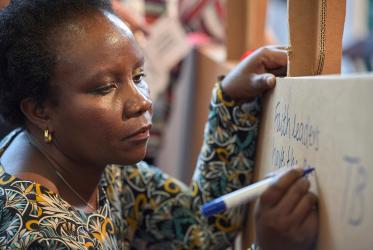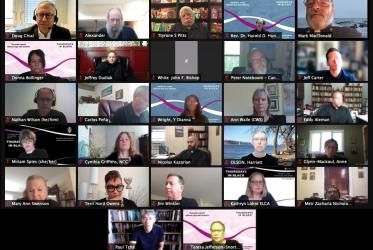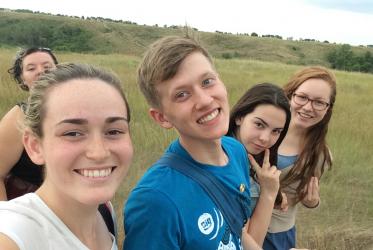Displaying 1 - 19 of 19
WCC stands in solidarity with victims of major flood in Brazil
17 February 2022
New student body at Bossey Ecumenical Institute “a source of joy”
14 September 2020
Dr Saïd Ailabouni: God is on the side of rejected, oppressed, occupied
12 September 2019
WCC Eco-School encourages youth to become eco-ambassadors
08 November 2018
How can you help refugees?
11 October 2018
G20 summit: call to pray for peace in Hamburg
07 July 2017













